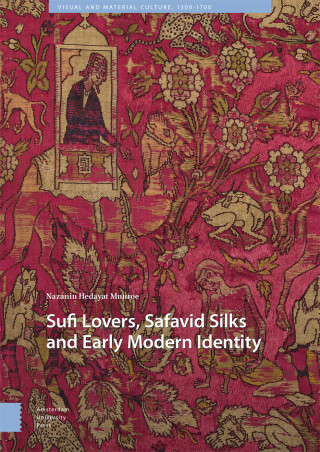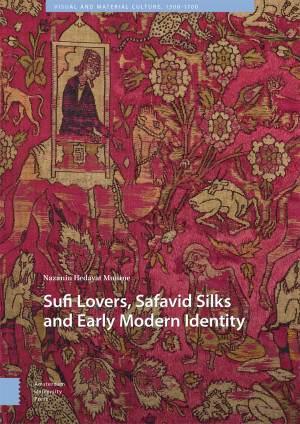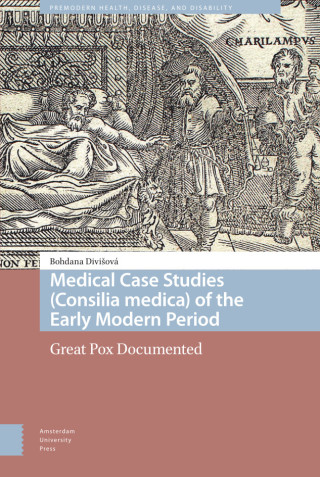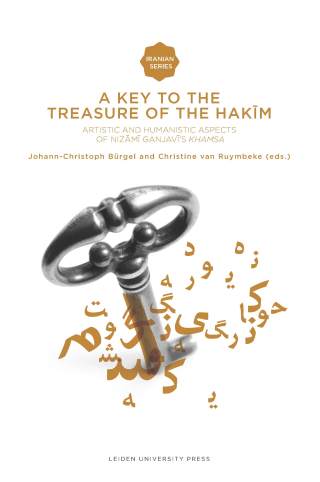The Winner of the 2024 R.L. Shep Memorial Book Award
''...book brings the highest standard of research and
scholarship to a topic of significance to the field of global textile studies and presents its material in a manner that is a accesible and engaging for the public as well for textile scholars.''
- Textile Society of America, November 2024
''Sufi Lovers, Safavid Silks and Early Modern Identity brings a new perspective on links between textiles, painting, religion, and literature. […] Hedayat Munroe builds an excellent historical, religious, and artistic picture for the milieu of the material.''
- Amanda Phillips, 21: Inquiries into Art, History, and the Visual , Vol.2, 2024





